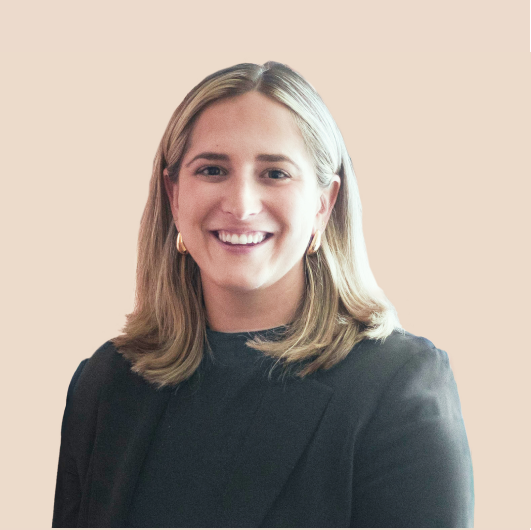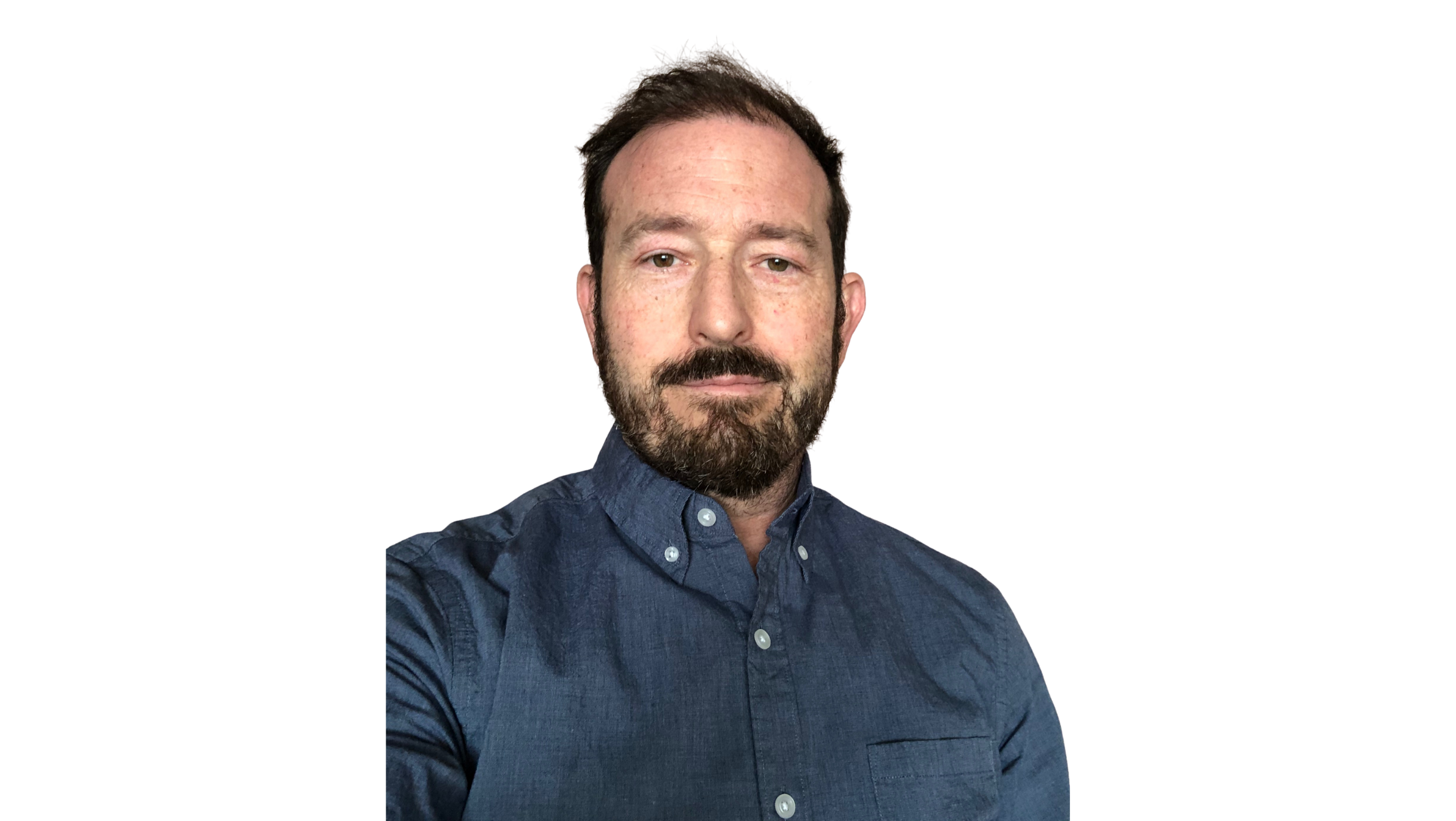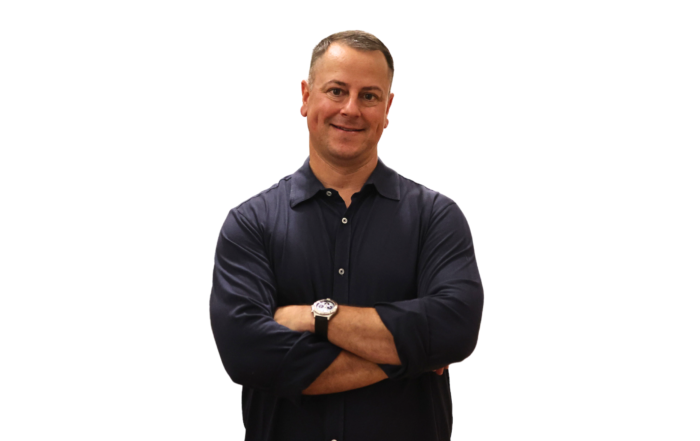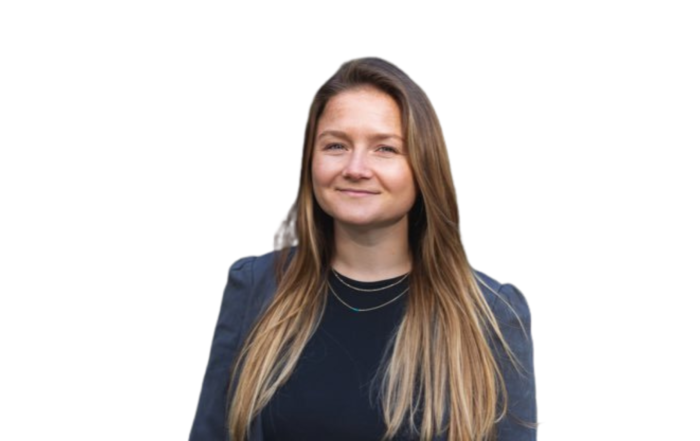
Morgan Caplan
Senior Communications Manager
He once biked across San Francisco filing legal briefs, digging up court records, and serving subpoenas—a job that made him feel like a private eye and reignited his passion for journalism. Today we’re featuring Jeff St. John, chief reporter and policy specialist at Canary Media, whose unconventional path has shaped his insightful and impactful coverage of the clean energy transition.
About Jeff St. John: Jeff St. John is chief reporter and policy specialist at Canary Media. He covers the intersection of technological, economic, and regulatory issues influencing the global transition to low-carbon energy in the electricity, transportation, and building sectors. His areas of expertise include innovative grid technologies, rooftop solar and batteries, clean hydrogen, electric vehicles, EV charging, and broader decarbonization policy.
He is the former managing editor and senior grid-edge editor of Greentech Media, and he previously reported for The Fresno Bee, the Tri-City Herald, and the Anchorage Daily News. He lives in Alameda, California, with his wife Tara Donoghue and his dog Lily, and enjoys hiking, baking bread, and playing guitar with his nieces and nephews. He earned a master’s degree from the UC Berkeley Graduate School of Journalism in 2001.
We spoke with this Jeff over email recently:
What first drew you to covering climate and energy issues—and eventually led you to Canary Media?
I’ve been concerned about climate change since my high school physics teacher hipped me to the threat. After I graduated from U.C. Berkeley’s Graduate School of Journalism in 2001 and went to work as a business reporter at newspapers in Alaska, eastern Washington state and California’s Central Valley, I sought out ways to report on energy, climate and environmental issues as part of that business beat.
In 2008, I was looking for ways to move back to the Bay Area, and connected with a fellow J-school alum who’d been hired as executive editor of Greentech Media, a startup created to cover the cleantech industry. I landed the job, and was immediately in the deep end of the pool, reporting daily on unfamiliar technology and finance and policy sectors, with pretty high expectations from the insidery readership of that publication.
I experienced plenty of impostor syndrome—but I really wanted to learn, and I put in the work, and I admitted when I didn’t understand what people were saying and forced them to explain it to me, and I slowly grew to a certain level of competence.
Eventually, Greentech Media was acquired by a larger company that decided it didn’t want to run a news organization, and in late 2020 told us it was shutting us down. Word got out, and readers and supporters reached out asking how they could help us keep doing our work. With that support, we launched Canary Media as a nonprofit—our Ghost site went live the day after Greentech Media officially shut down—and we’ve grown and evolved from there. It has been the most gratifying experience of my life.
You’ve written extensively about emerging technologies. What’s a technology or trend you think is underhyped right now?
As Jigar Shah says, our current mission is to “deploy, deploy, deploy”—and what we have to deploy right now is the stuff that’s so cheap and effective it would be a sin not to deploy it, and which is accessible for everyone from region-spanning utilities and Fortune 50 companies to you and me and everyone else in our neighborhood—solar PV and lithium-ion batteries.
These technologies are not “underhyped” by any means! But I fear that people aren’t as hyped up about making them commonplace, maybe? I think the human desire for novelty leads us to spend a lot of time and energy debating the “next big thing” that hasn’t happened yet—the technologies that could “change the world” in a science-fiction sense—rather than buckle down to the grotty work of making it possible for mature technologies to disrupt entrenched systems.
And when I say “disrupt” I don’t mean “undermine an inefficient but necessary socioeconomic activity like taxi service or newspapers in order to make a handful of tech entrepreneurs and venture capital and private equity investors immense amounts of money.” I mean, disrupt the status quo “extract-and-extort” energy paradigm that forces all of us to pay for a fossil fuel energy resource that’s by its nature controlled from wellhead to gas station by companies with an inherent incentive to restrict alternatives to their controlled supply to jack up profits.
I mean, disrupt the status quo regulated utility paradigm that incentivizes against expanding access to technologies that can reduce the need for capital infrastructure investments that yield regulated profits, even at the cost of rising energy rates that customers can’t afford. Let’s get hyped about the technology that can change that—whether it’s the tech that integrates solar and batteries into how our power grids work, or the tech that gives we, the people, the power to demand and shape the change that needs to happen.
What’s the most memorable pitch you’ve ever received? What’s a good way to get your attention in a pitch?
I try my best to read and reply to every relevant pitch I get, and I try to be up-front about what I’m thinking about it. Every now and then I’ll find that a pitch around the news of the day does in fact connect with what I’m working on at that moment, which is good when it happens—but more often than not, I’m caught up in other things and can’t commit to writing. (Giving me more than 24 hours to respond to an embargo pitch certainly helps!)
I do like to ask a lot of questions on initial contact, though I try to warn the person I’m emailing or talking with that I don’t really know when and how the connection being made in the moment might inform future reporting. I beg the patience of the public relations professionals who work with me! I promise that the questions I’m asking are going somewhere—that they’re signals of ongoing interest. I might not know when and how these back-and-forths will end up finding their way into the reporting that Canary Media does, but they’re all part of the greater project.
What’s the biggest risk you’ve ever taken?
Leaving the Bay Area to take newspaper jobs in far-off places. I hadn’t planned to spend four years living in Richland, Washington—the conservative side of Washington state, right next to the country’s largest nuclear waste site—or to move to Fresno, California and report for two years on the economic development efforts in a place with the most concentrated poverty in the country.
But I learned so much—not only about the communities and cultures of places I’d never dreamed of spending hours in, let alone years, but about my own prejudices and misconceptions. And, oddly enough, I also had my first experiences with the energy-sector issues I’ve made a career out of—including my reporting on GridWise, the country’s first large-scale “smart grid” project, run out of Pacific Northwest National Laboratory.
What’s something about you that might surprise people?
My misspent youth? I graduated from college in 1994 with an English degree largely based around my desire to write fiction, and I spent about six years playing guitar in a semi-professional prog-rock / jazz-funk trio that never really made it past the general disinterest stage of audience building—although we did get to play opening gigs at The Fillmore, as our band manager was also the venue’s stage manager.
Throughout that time, I was working jobs that kind of descended the ladder of professional viability. I started out as a substitute teacher in Oakland Unified School District, and thought about becoming a teacher for awhile. But I got tired of waiting for 5am phone calls to tell me if I was going to be able to earn money that day, and found a gig as a delivery driver returning the luggage people had lost at San Francisco International Airport, and then spent a few years as a bicycle messenger in the city, which morphed into an attorney services gig—riding my bike around to file legal briefs, look up court filings and serve subpoenas on people. It was that last job that re-sparked my interest in journalism. I’d worked briefly at the student newspaper at U.C. Berkeley, but the process service and legal research job made me feel a bit like a private eye, and pushed me to refocus my creative instincts along more practical avenues.
Know someone who should be featured? Email us: info@echocomms.com.
Sign up for our newsletter
Receive updates on our work, industry news, and more.




